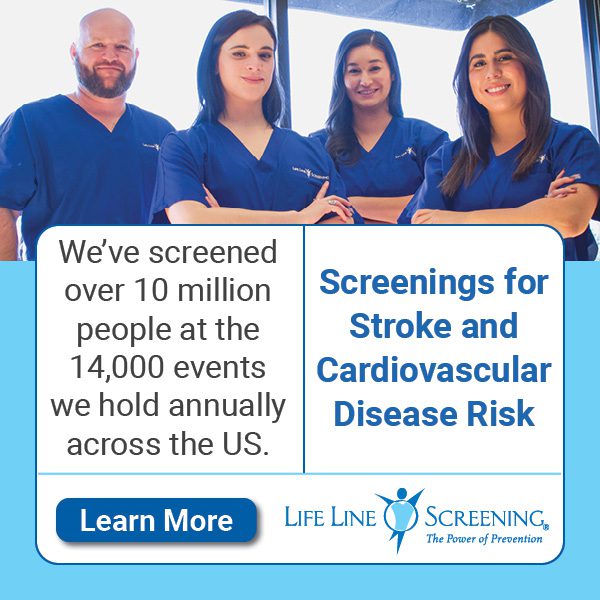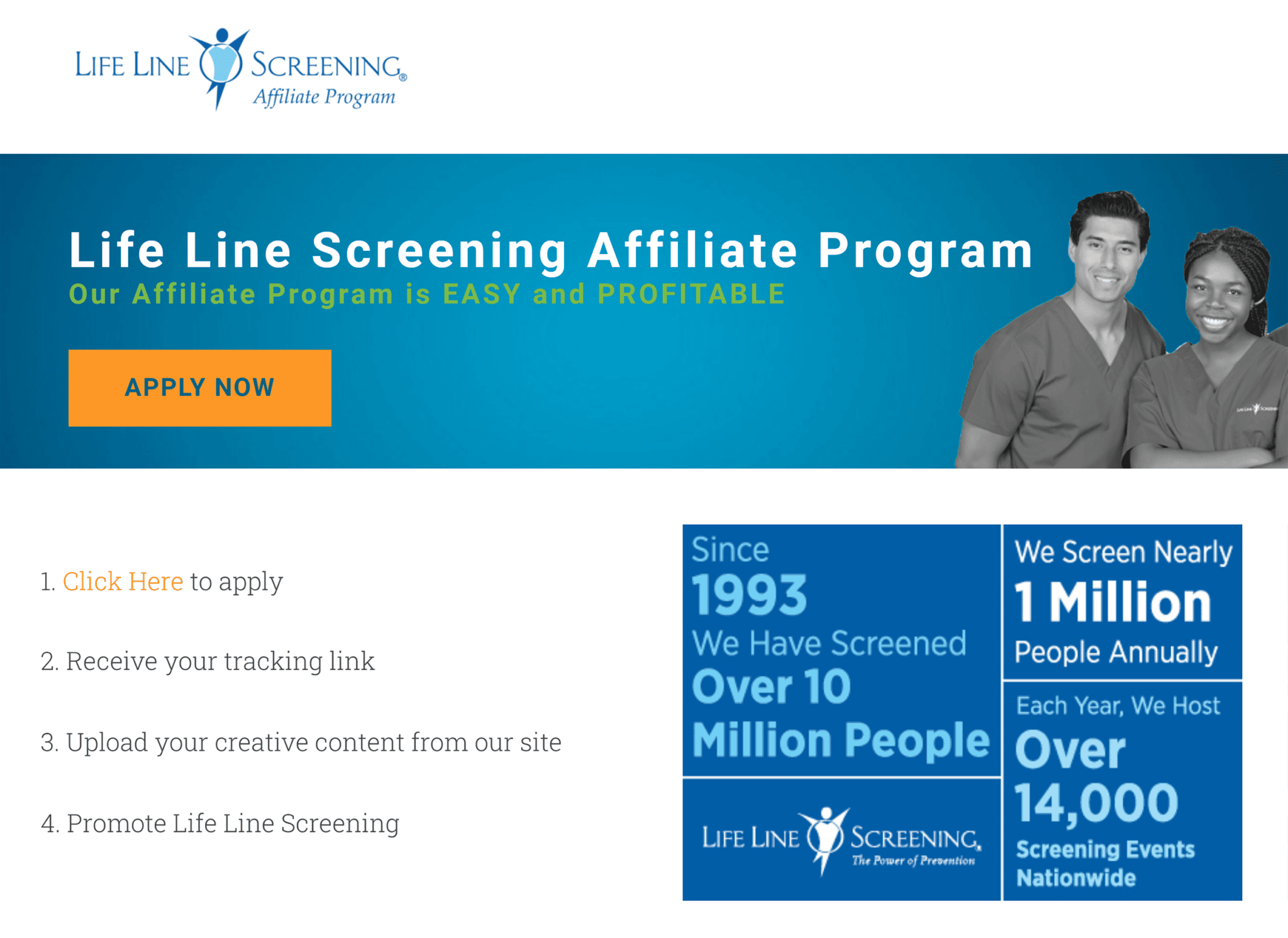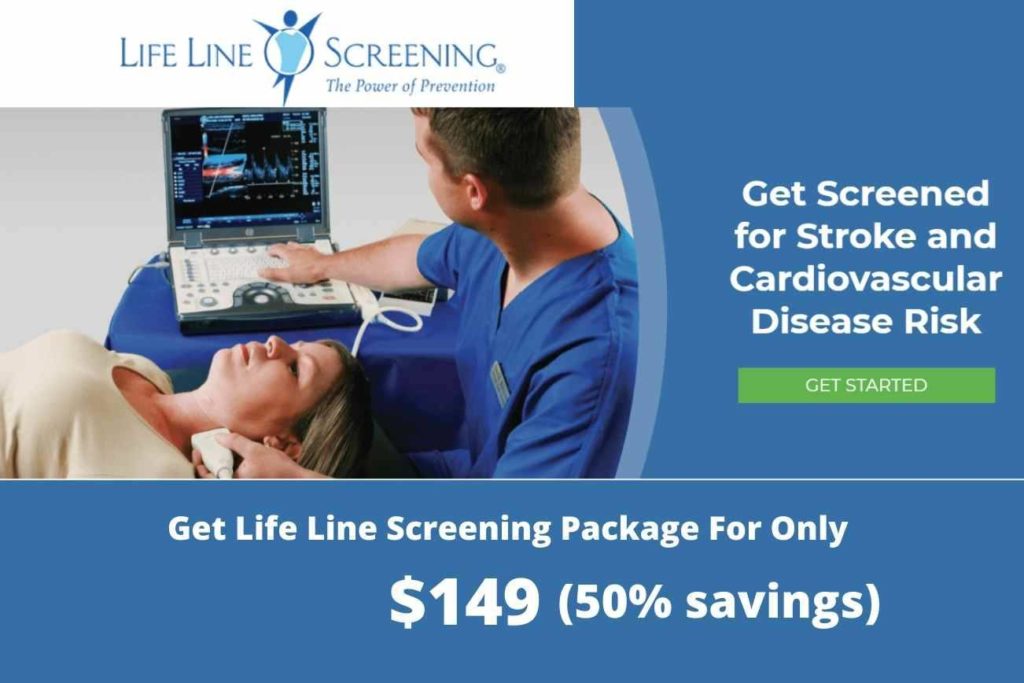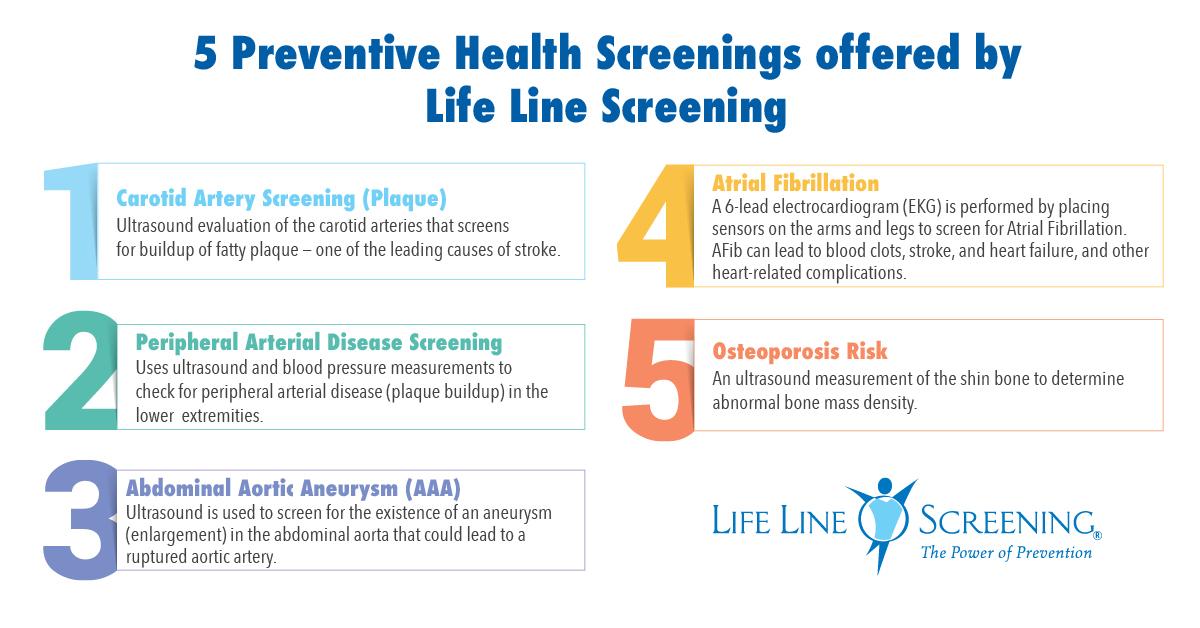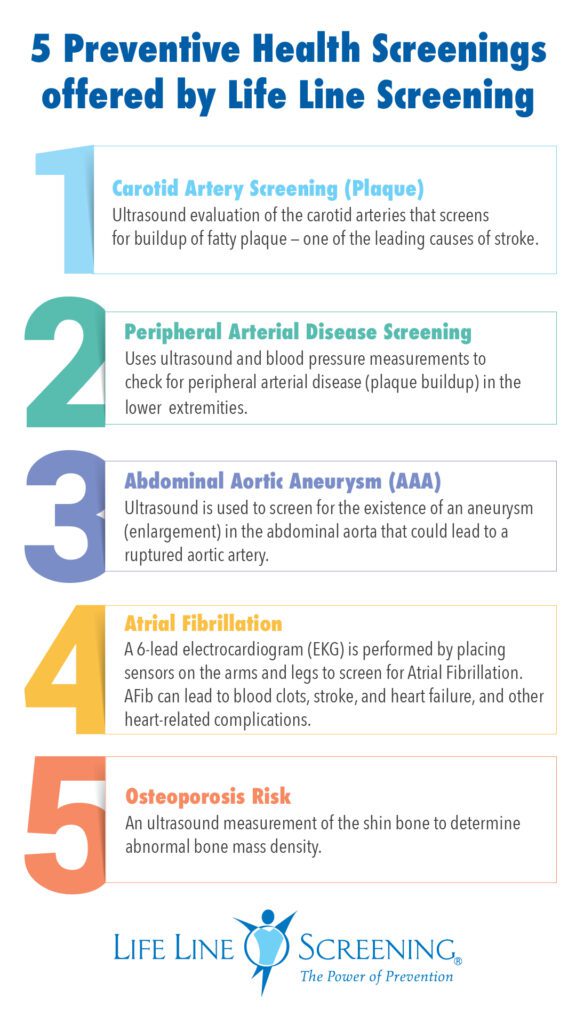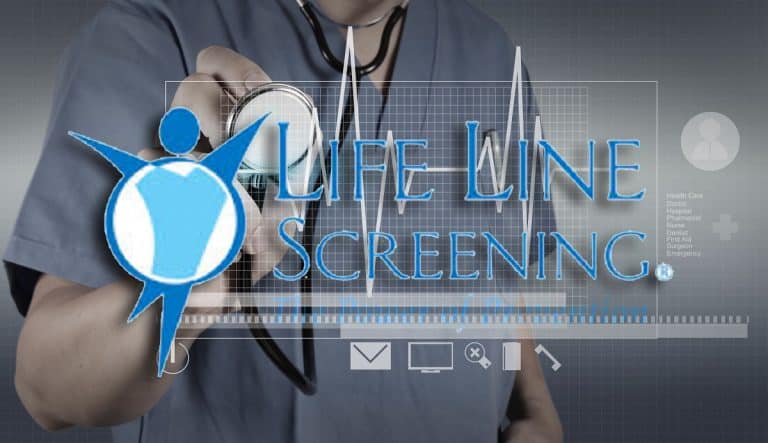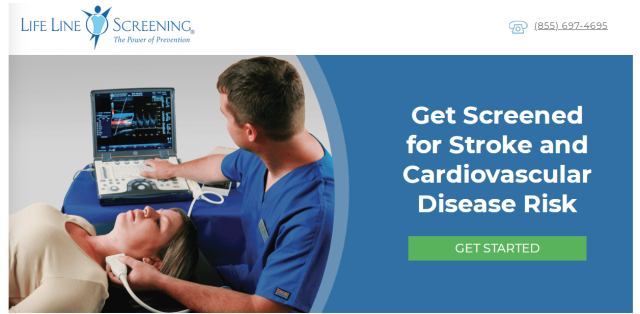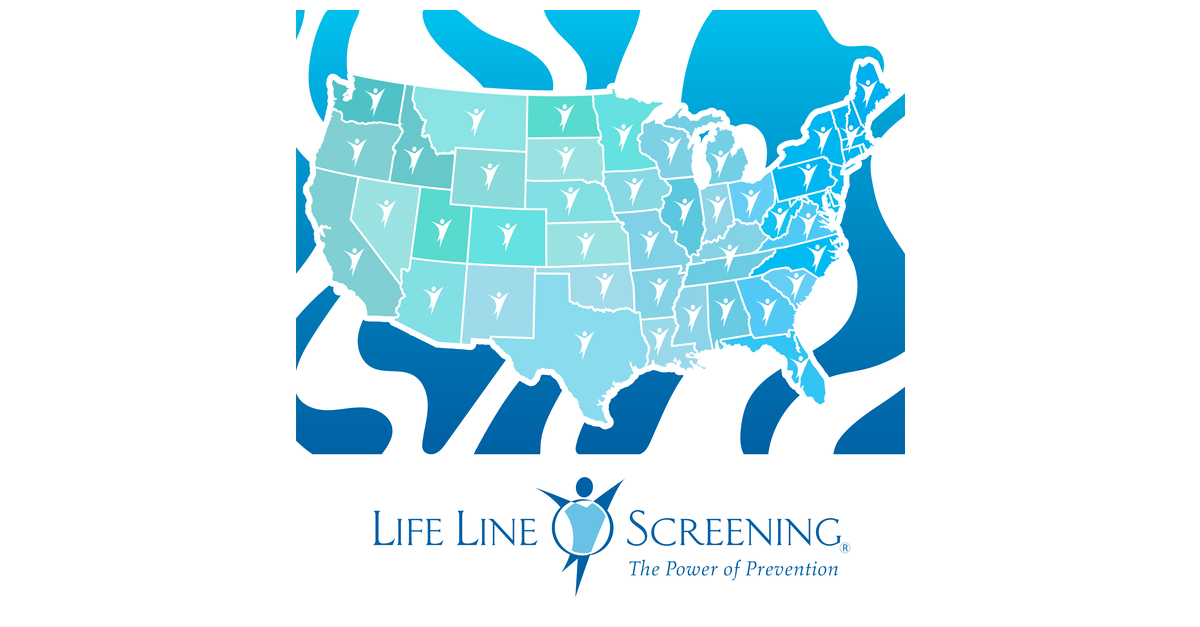Is Lifeline Screening A Legitimate Company

Lifeline Screening, a company offering preventive health screenings directly to consumers, has become a familiar presence in community centers and churches across the United States. The company's promise of early detection for conditions like stroke, heart disease, and other vascular diseases has drawn in many, particularly seniors seeking proactive health management. However, questions persist about the accuracy, value, and potential for misleading information associated with these screenings.
At the heart of the debate is whether Lifeline Screening's services provide genuine benefit to patients or simply generate unnecessary anxiety and expenses. This article aims to objectively examine Lifeline Screening, its offerings, and the concerns raised by medical professionals and regulatory bodies, drawing on available data and expert opinions to present a comprehensive view of the company's role in preventive healthcare.
What is Lifeline Screening?
Lifeline Screening is a for-profit company that provides a variety of health screenings outside of traditional medical settings. These screenings typically include ultrasound tests to detect plaque buildup in arteries, as well as assessments for atrial fibrillation (irregular heartbeat) and osteoporosis. The company markets its services as a convenient and affordable way to proactively monitor health risks.
The company operates by setting up temporary screening clinics in community spaces, often advertising directly to the public. Individuals can schedule appointments and pay out-of-pocket for the screenings, which are not always covered by insurance.
The Screenings Offered
Lifeline Screening offers a range of tests, including carotid artery screening, abdominal aortic aneurysm screening, peripheral arterial disease screening, and osteoporosis risk assessment. Carotid artery screening aims to detect plaque buildup that can lead to stroke, while abdominal aortic aneurysm screening checks for a dangerous bulge in the aorta. Peripheral arterial disease screening assesses blood flow in the legs, and the osteoporosis risk assessment measures bone density.
These screenings are performed by trained technicians using ultrasound or other non-invasive methods. The results are then reviewed by physicians, who provide a report to the individual screened.
Concerns and Criticisms
Despite its popularity, Lifeline Screening faces significant criticism from medical professionals and regulatory agencies. A central concern is the potential for false positives, leading to unnecessary anxiety, further testing, and potentially invasive procedures. Some medical professionals argue that the screenings can detect minor abnormalities that would never cause problems, resulting in overtreatment.
The American Academy of Family Physicians (AAFP), for example, does not recommend routine carotid artery screening for individuals without symptoms of stroke or transient ischemic attack. They argue that the potential benefits do not outweigh the risks of false positives and unnecessary interventions.
Another concern is the lack of regulation and oversight. Because Lifeline Screening operates outside of traditional medical settings, it is not subject to the same level of scrutiny as hospitals or physician offices. This raises questions about the qualifications of the technicians performing the screenings and the quality control measures in place.
The Company's Perspective
Lifeline Screening defends its services, arguing that they provide a valuable service by detecting potentially life-threatening conditions early. The company emphasizes that its screenings are not intended to replace regular medical care but rather to supplement it. They maintain that early detection allows individuals to take proactive steps to manage their health risks.
The company's website includes testimonials from individuals who claim to have benefited from the screenings. However, it's important to note that these testimonials are anecdotal and do not constitute scientific evidence of the effectiveness of the screenings.
The Impact on Individuals
For some individuals, Lifeline Screening provides peace of mind and empowers them to take control of their health. Early detection of a condition can lead to timely treatment and potentially prevent serious complications.
However, for others, the screenings can cause unnecessary stress and anxiety. A false positive result can lead to a cascade of further testing and medical procedures, with potential risks and side effects. It is crucial for individuals to discuss the potential benefits and risks of these screenings with their primary care physician before undergoing them.
Weighing the Evidence
Determining the legitimacy of Lifeline Screening requires a careful consideration of the available evidence. While the company offers potentially valuable screenings, the concerns raised by medical professionals and regulatory bodies cannot be ignored.
Individuals should approach Lifeline Screening's services with a degree of skepticism. It is essential to understand the limitations of the screenings, the potential for false positives, and the importance of discussing the results with a trusted physician. Relying solely on Lifeline Screening for preventive healthcare is not advisable.
Conclusion
Lifeline Screening is a complex issue with no easy answers. While the company provides a convenient and accessible way to undergo certain health screenings, the potential for false positives and the lack of rigorous oversight raise legitimate concerns. Ultimately, the decision of whether or not to participate in Lifeline Screening should be made in consultation with a healthcare provider, weighing the potential benefits against the risks and considering individual health needs and risk factors.
It is paramount for individuals to prioritize a strong relationship with their primary care physician and adhere to recommended screening guidelines established by reputable medical organizations. Informed decision-making, guided by medical expertise, is the key to effective preventive healthcare.
Consulting a physician is always recommended to confirm any test.

